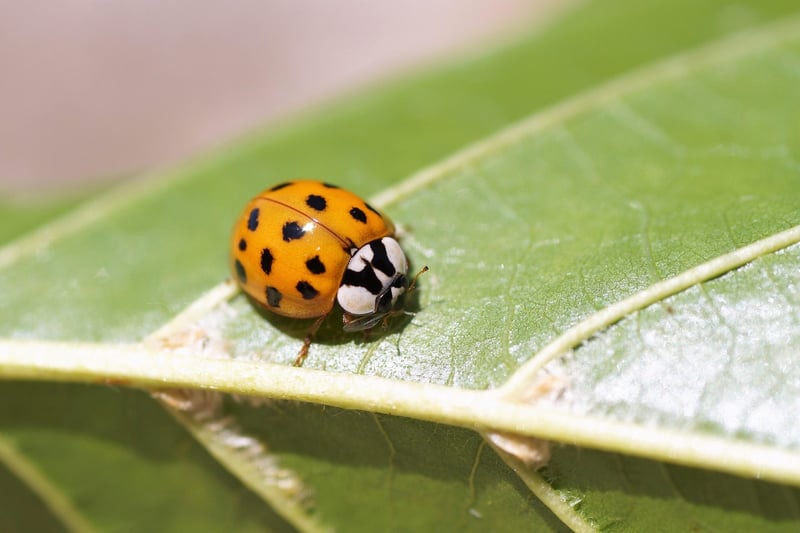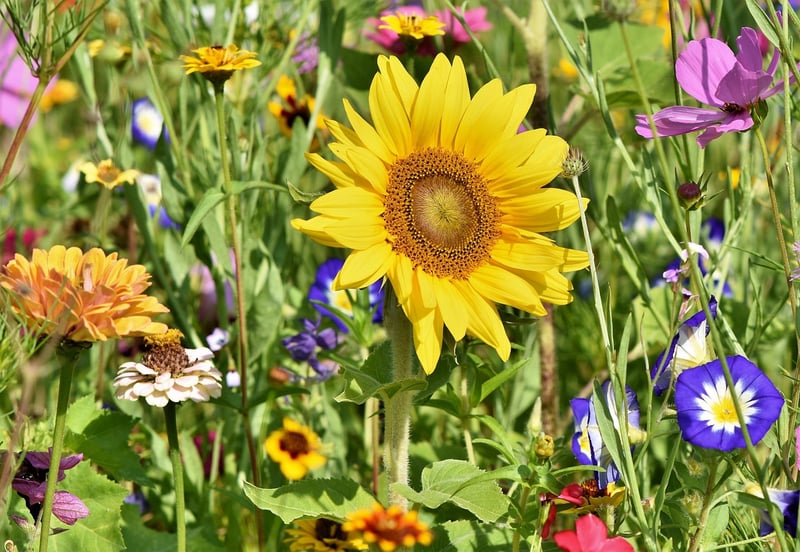Pest Control
Keep Your Garden Thriving with Effective Pest Control
Having a beautiful garden is a joy, but pesky pests can quickly turn your oasis into a nightmare. To keep your garden thriving and pest-free, it's essential to implement effective pest control strategies. Here are some tips to help you maintain a healthy and vibrant garden:
1. Identify the Pests
The first step in pest control is identifying the specific pests that are causing damage to your plants. Look for signs such as chewed leaves, holes in fruits, or webs on plants to determine the type of pest present in your garden.
2. Natural Predators
Encourage natural predators like ladybugs, lacewings, and birds to help control pest populations in your garden. These beneficial insects and animals can help keep pest numbers in check without the need for harmful chemicals.

3. Neem Oil
Neem oil is a natural and effective insecticide that can help control a wide range of garden pests, including aphids, mealybugs, and caterpillars. Mix neem oil with water and a small amount of dish soap and spray it on affected plants.

4. Companion Planting
Planting certain herbs and flowers alongside your vegetables can help repel pests. For example, marigolds can deter nematodes, while basil can repel mosquitoes and flies. Research companion planting options to protect your garden naturally.
5. Physical Barriers
Use physical barriers like row covers or netting to protect your plants from pests like birds, rabbits, and insects. These barriers can prevent pests from reaching your plants while still allowing sunlight and water to pass through.

6. Regular Maintenance
Maintaining a clean and tidy garden can help prevent pest infestations. Remove debris, weeds, and dead plant material regularly to eliminate hiding spots for pests. Properly water and fertilize your plants to keep them healthy and resilient against pests.
Conclusion
By implementing these pest control strategies and staying vigilant, you can keep your garden thriving and pest-free. Remember to monitor your plants regularly, practice good gardening habits, and use natural solutions to protect your garden from unwanted visitors.
